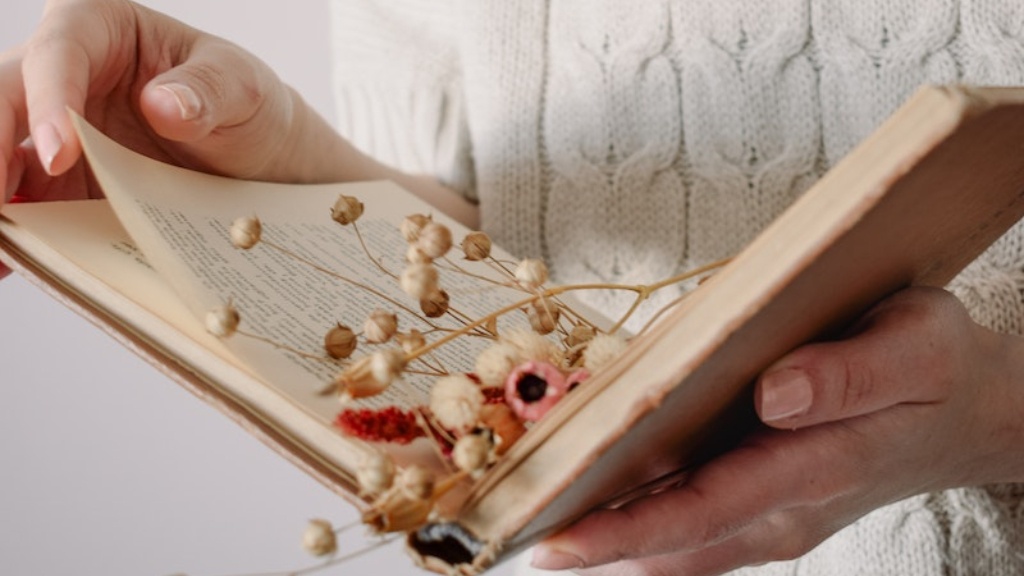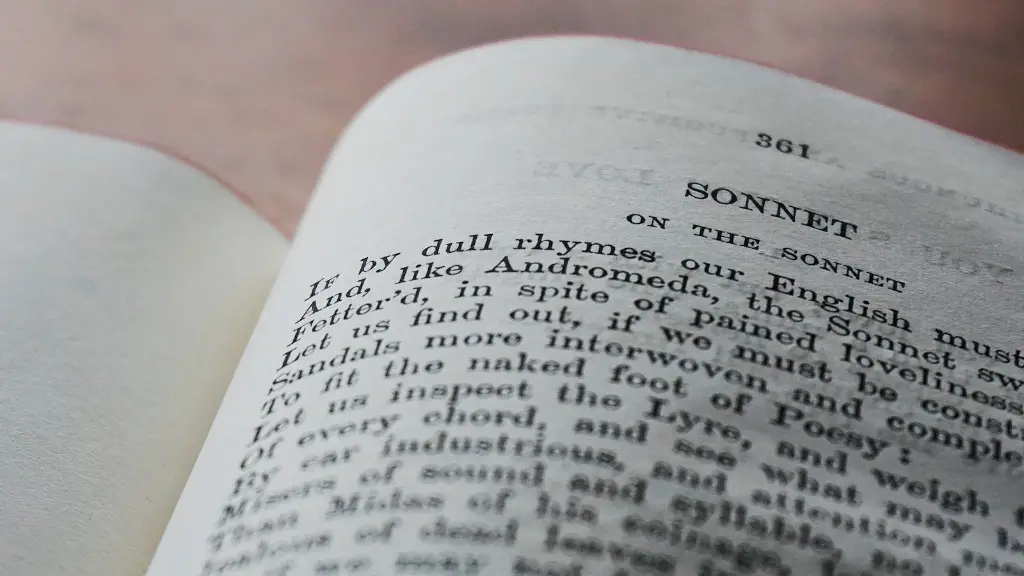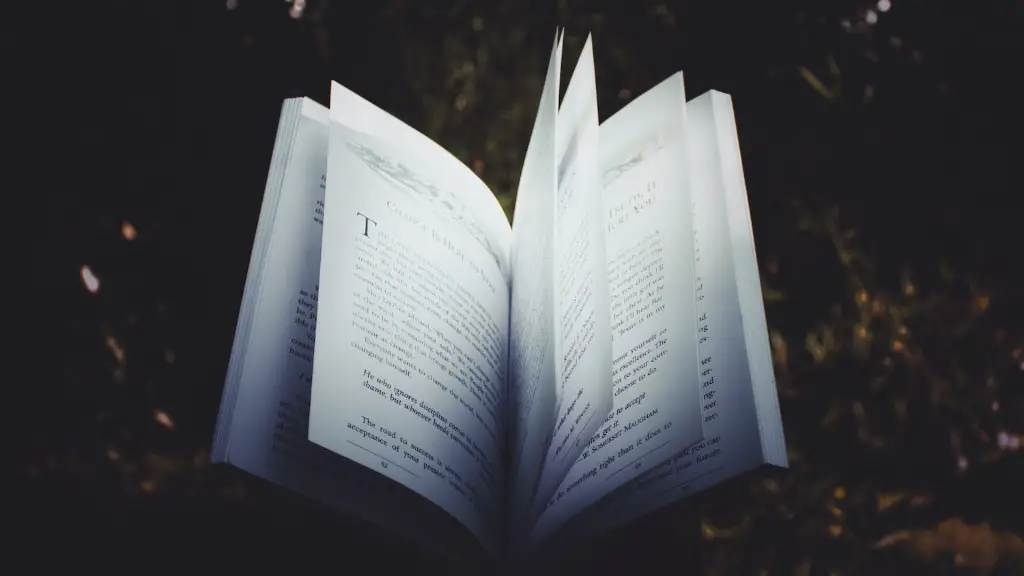Copyright Basics
When a poet creates work, he or she inherently should own the rights to their work. A copyright is a form of protection that poets can use to legally identify that material within their work–whether it’s a literary piece, song, painting, etc–is their own. A copyright does relieve a poet from having to prove ownership of a piece; it just provides a legal proof of authorship. This is extremely important for poets as it’s their material that is the brunt of their income. The good news is that it’s easy to copyright poems and other works.
In the United States, copyrighting a poem is easier than many might think. The United States Copyright Office allows authors to register their work with a simple, free application, eliminating the need for a lawyer or a pay-to-service.
It should be noted that a poet does not have to register their work in the federal copyright office to own the rights to the material; copyrights are a type of protection, not an indication of ownership of the material. A poet automatically owns their works without registering the copyright, but without a copyright registration, it’s much harder to prove that ownership. Poets can also take additional measures to protect their material, such as filing a copyright in other countries. Many countries have copyright regulations in place that can provide a poet protection outside of their home country.
Types of Rights Protected
When a copyright is established, it usually covers both published and unpublished work. At the heart of the copyright is the right to be identified as the author, or author of derivative works, which simply means that while the person owns the copyright, they can also lease or sell their rights to that material.
The copyright also gives the author the ability to prevent others from reproducing, creating derivatives of, distributing, publicly displaying, or performing their work without their expressed written consent. This includes but is not limited to other poets using their material for commercial gain.
Pursuant to copyright protections, a poet can authorize their works to use in other mediums such as television and film. Authors retain the rights to their original creations and don’t need to get permission from other copyright holders.
Copyright Considerations and Limitations
Getting the copyright established is easy but there are a few considerations that should be made when it comes to copyrighting poetry. Copyrighted work can become public domain, or free for anyone to use, after a certain period of time. It’s important to note that in the United States, the copyright term is 95 years from the date of publication or, if not published, 95 years after the date of creation. This period of time is known as the copyright term.
One example is Virgil Abloh’s recent lawsuit concerning his copyrighted lyrics. What happened was an up-and-coming rapper alleged stole three of Abloh’s lyrics; however, Abloh’s lyrics were under copyright protections.
Although copyrights are powerful protection tools, it is important to realise that there are some instances in which copyright protections are limited. Fair use, for example, is a legal defence, which permits limited use of a copyrighted work without the author’s consent. Fair use defences in the United States consider four factors, such as purpose and character of the use, amount of the work used, and the market effect of the use. Poets should know when the use of their work is likely to be defended as fair use.
Copyright Registration Workflow
When registering a copyright, poets should go through the following steps.
The first step is to create a separate copyright registration application for each individual poem or group of poems. This application is available through the U.S. Copyright Office website.
The next step is to provide a copy of the poem or group of poems in the appropriate fields on the application. It is important to note that all forms of the poem should be indicated, such as the physical version and any digital versions. The forms of the poem should also be included in the application.
The next step is to provide the required verification, including an electronic signature. This should be sent to the U.S. Copyright Office using the instructions listed on the application.
Finally, the poet should receive an email from the Copyright Office confirming receipt of the application. The poet will receive a Certificate of Registration after the processing is complete.
Additional Legal Tips
Before registering copyright, it is recommended that poets retain the originals and all other sources of the poem. This can serve as a point of reference for the poet to show evidence of authorship, if it ever comes into question.
When poets publish their work, they should make sure they have a current copyright in place. They should also make sure that they have an understanding of the terms and conditions of the contracts they are signing. Finally, poets should consult with an intellectual property attorney to make sure that they have established an effective copyright strategy to protect their work.
Negotiating Rights and Royalties
Due to the importance of copyright ownership, it is essential that poets understand the royalty structure associated with their copyrighted works. Royalties are defined as a sum of money that is paid to the poet for each copy of their poem that is sold or licensed. The royalty rate should be negotiated between the poet and the license-holder.
Royalties can also be split between other parties who might have offered a hand in creating the poem, such as a songwriter, producer, or publisher. Depending on the copyright agreement, a royalty rate can be a set amount of money or a percentage of the total sales or license of the work.
It is important to note that royalty payments should only be made after the poet or lyricist has been paid. This is because the poet or lyricist is the owner of the copyright, and it is the royalty payments that are a form of financial consideration for the use of the copyrighted material.
Protecting Copyrighted Poems
In addition to obtaining a copyright for their work, poets should also consider other means of protecting their work. One option is to apply for a trademark for their written work; a trademark is a special type of protection that does not expire. It will ensure that the poem’s title, characters, name, or logo is only used by the original author and prevents other parties from using the same name for their own works.
Poets should also consider signing a nondisclosure agreement or NDA, which will protect the identities of those who contributed to creating the poem, as well as its contents. Additionally, poets should consider signing a confidentiality agreement to ensure that the contents of the poem remain private until the poet chooses to publish it. Finally, poets can also consider self-publishing their work as a means of protecting their copyright.
Benefits of Copyrighting Poetry
Copyrighitng poetry gives poets numerous legal and financial benefits. Firstly, it gives poets ownership over their work, which can provide them with more leverage when it comes to negotiating work-for-hire agreements. Secondly, it protects their work from theft or unauthorized use by others. It also gives poets the ability to take legal action against those who infringe upon their rights. Finally, it allows poets to collect royalties from those who wish to use or license their copyrighted poems.


